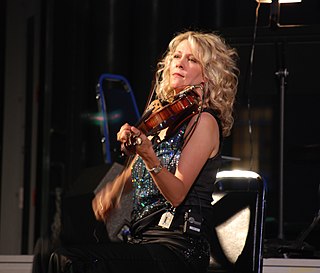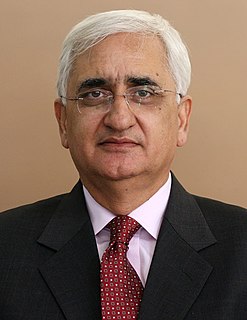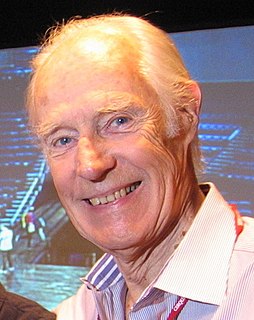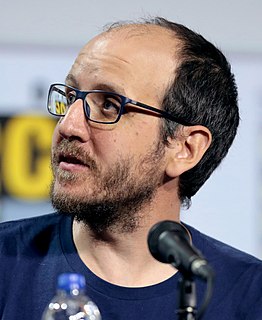A Quote by Gerry Schwartz
You see these young people in Antigonish who are coming from Cape Breton, and these are really smart, attractive young people, who are living in a place that's been very rough economically. It's a very special thing to be helpful there.
Related Quotes
We've been growing our readership every month, and we're kind of like, where are they all coming from? This is wonderful! And I think one of the best surprises was that you hear so often that young women don't care about feminism, that young women don't identify as feminists. But really, the majority of our readers are young women. So to see so many young people kind of get involved and really take to Feministing.com was a really exciting thing.
Even very recently, the elders could say: 'You know, I have been young and you never have been old.' But today's young people can reply: 'You never have been young in the world I am young in, and you never can be.' ... the older generation will never see repeated in the lives of young people their own unprecedented experience of sequentially emerging change. This break between generations is wholly new: it is planetary and universal.
I think I will always feel a special relationship with The Umbrellas of Cherbourg, because for me it was something very, very special. It was a modern opera, and to play the heroine in a film that became such a success at a young age, and learning from him when I was so young and impressionable - really it was one of my most important experiences.
People in Israel would write in a high register, they wouldn't write colloquial speech. I do a special take on colloquial speech. When I started writing, I thought [the language] was telling the story of this country: old people in a young nation, very religious, very conservative, very tight-assed, but also very anarchistic, very open-minded. It's all in the language, and that's one thing that doesn't translate.
The thing about having a very young audience in the theatre is that sometimes they laugh at the bullying scenes. It's really interesting, what that means. It still confuses me slightly, you know; someone's getting quite brutally bullied on stage and people are laughing. I think it's very hard being young.
You've got a generation of young men - almost all are young men - in situations of great economic hardship, where they don't really have work. The chances of them making a decent life for themselves, of making a family, living in a kind of decent, happy way, are very, very remote. It's very hard for them to ever even have that as a dream, so when people are that deprived of the ordinary hope of human beings, it creates anger. And that anger can be channeled by unscrupulous persons, whether secular or religious leaders, and there's been a lot of that.
The main thing that triggered my depression was my isolation that was imposed on me by becoming the wife of the prime minister, and leaving my home, my family. I was young, very young, and very naive and very hopeful and enthusiastic about my wonderful new life, but it was the loneliness and the lack of being able to properly relate to people.
I believe that there is a very strong chance that we will see that young people will be put into mandatory service. And the real concerns is that there are provisions for what I would call re-education camps for young people, where young people have to go and get trained in a philosophy that the government puts forward and then they have to go to work in some of these politically correct forums.



































